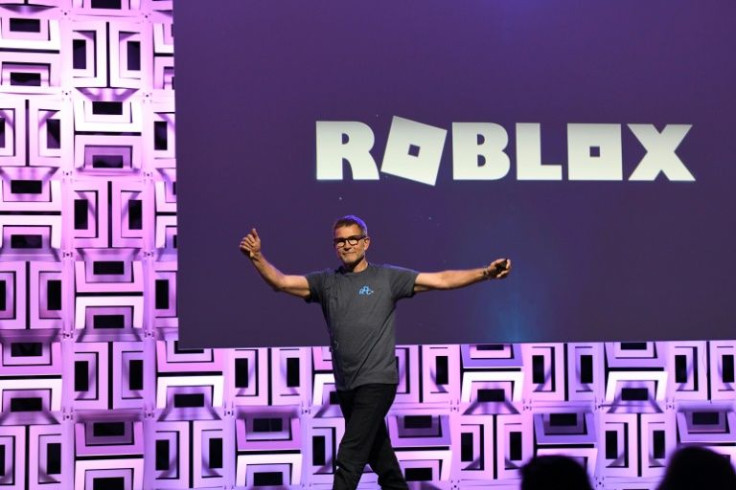Metaverse Is the Next Big Thing — How to Profit From It
Metaverse is the next big thing in the internet revolution. Meta (formerly Facebook), Microsoft, Nvidia and Amazon, among others, are betting billions of dollars on building it. Smaller companies develop applications to ride on it.
Metaverse is a virtual world where people can experience different locations without actually being there and interacting with other people face to face, without actually meeting them.
"The metaverse is going to be a big trend, which many tech leaders are pursuing and not just the company formerly known as Facebook," says Metaverse investor Jon Medved. "We have barely scratched the surface in terms of understanding how we can more ritually interact through virtual reality with each other on the next-generation internet."
"There are more than a few definitions of the term 'metaverse,' but taken holistically, the metaverse is going to be much bigger than the internet itself," adds Vuzix CEO Paul Travers. "Think about how much the internet has changed our world, and yet it is primarily confined to the cloud."
The applications and opportunities are enormous for companies and people alike. Companies can hold virtual meetings with 3-D avatars. People can travel to faraway destinations, visit museums, take virtual classes, play games and try new merchandise. According to Travers, the applications are endless and expand beyond imagination.
"The metaverse is bigger than just virtual worlds for people to play in, or companies to market and rebrand themselves," he added. "The metaverse will improve real-life capabilities when the virtual space driven by its incredibly rich metadata connects to the real world."

Roblox's Chief Product Officer Manuel Bronstein is on the same page.
"As more people spend more time online, and technical capabilities evolve, we'll increasingly see the metaverse play host to massive, immersive, virtual events pioneering novel forms of live entertainment," he explains. "One important callout is that we don't see the metaverse replacing real-world interaction, but augmenting the way in which we experience the world together, by providing access to experiences that wouldn't otherwise be possible."
Like what?
Things like attending the concert of your favorite artist even if they didn't visit your town on the tour, participating in more experiential online classes with lab simulations, visiting historic places virtually with your classmates, facilitating real online co-working places, and more.
As with any new technology, developing it is one thing. Diffusing it to the masses is another thing. Metaverse has to go through the conventional Rogers Curve, where "innovators," a small group of tech-savvy people, begin experimenting with the new technology just for the fun of it. Then, the "early adopters," another small group of people, join in, using the new technology to change how they do things. Eventually, the new technology reaches the early majority, a larger group, crossing the "tipping point." That's when the new technology makes it to the mass market.
How long will that take?
Dana Porter, co-founder and CMO of InceptionXR, thinks it will take quite some time for metaverse to reach the masses.
"The metaverse must evolve to be more than cute avatars hanging out socially. It needs to have an impact on peoples' actual lives," she says. "In retail, for example, there is the promise of metaverse showrooms to help drive engagement, but we don't yet know if it will become the norm, and it only makes up a fraction of shoppers' experience. The jury is still out," she adds.
How can investors profit?
The obvious way is to invest in the technology giants building it, like Microsoft, Amazon, Facebook, Vuzix and Roblox.
But investing in individual companies' shares is like trying to pick winners, which doesn't work well with emerging technologies. Besides, technology giants like Amazon and Microsoft are in several businesses, and therefore, they aren't pure metaverse plays.
Another way is to invest in META, a metaverse ETF, with top holdings in NVIDIA Corporation, Roblox, Microsoft, Meta Platforms and Unity Software.
Mesyam Moradpour, a former executive for Google and Mastercard focusing on blockchain tech, sees many more ways of profiting from metaverse, like investing in metaverse games such as The Sandbox (SAND), Decentraland (MANA) and Axie Infinity. Also, he recommends buying land in The Sandbox or Decentraland through their NFTs.
The problem with this approach is that, like any game, metaverse games are subject to the hype, making today's winners tomorrow's losers.
That's why hype should never be a substitute for due diligence in any investment strategy.
© Copyright IBTimes 2024. All rights reserved.





















